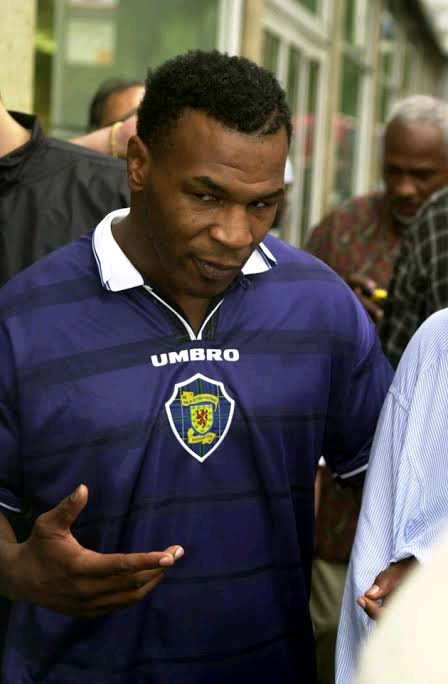GREAT OR SAD: how did the olympic go was it good or sad it wasn’t too that….

The Olympics are often a mix of triumph and heartbreak, celebrating human potential and perseverance while also acknowledging the challenges and sacrifices athletes face. Whether an Olympic Games is seen as “great” or “sad” can depend on various perspectives, including individual athlete performances, national achievements, and even broader social and political contexts.
When assessing whether an Olympics was “great,” one typically looks at records broken, inspiring performances, and moments of unity and sportsmanship. For instance, the Tokyo 2020 Olympics, held in 2021 due to the COVID-19 pandemic, saw extraordinary achievements despite the unprecedented challenges. Athletes like Caeleb Dressel and Elaine Thompson-Herah delivered standout performances, breaking world records and showcasing their incredible skills. The Games also highlighted remarkable resilience and adaptability, with strict health protocols ensuring the safety of athletes and spectators.
On the other hand, an Olympics might be viewed as “sad” if it is marred by controversies, disappointments, or if it fails to meet expectations. For instance, if a major athlete fails to compete due to injury or if there are concerns about the ethical aspects of the Games—such as the impact on local communities, environmental issues, or allegations of corruption—these factors can cast a shadow over the event.
Another aspect that can influence the mood of the Olympics is the national perspective. For countries where athletes perform exceptionally well, the Games can be a source of national pride and joy. Conversely, for countries where expectations are not met, the Games might be seen as a letdown. For example, if a favored athlete does not win a medal or if a nation’s overall performance falls short of expectations, there can be a sense of disappointment.
Additionally, broader issues like political tensions or social challenges can impact how the Olympics are perceived. For instance, if the Games are held in a country with significant political unrest or human rights concerns, this can overshadow the sporting achievements and lead to a more somber view of the event.
The emotional spectrum of the Olympics is also shaped by personal stories. Athletes overcoming personal struggles or making triumphant comebacks often capture the public’s imagination. These stories can turn a Games from merely “good” to truly memorable and inspiring. On the flip side, tragic stories, such as injuries or disqualifications due to unforeseen circumstances, can add a layer of sadness to the event.
Ultimately, whether an Olympic Games is considered “great” or “sad” is subjective and can vary widely depending on personal and collective experiences. The essence of the Olympics lies in the blend of joy and sorrow, triumph and setback, reflecting the complex nature of human endeavor and spirit.















Leave a Reply